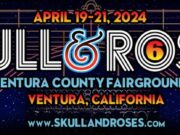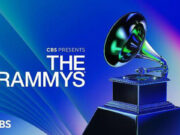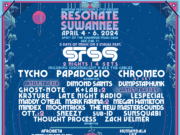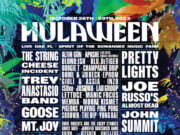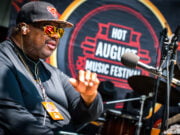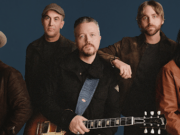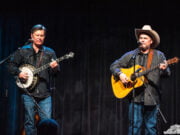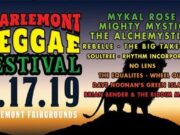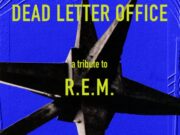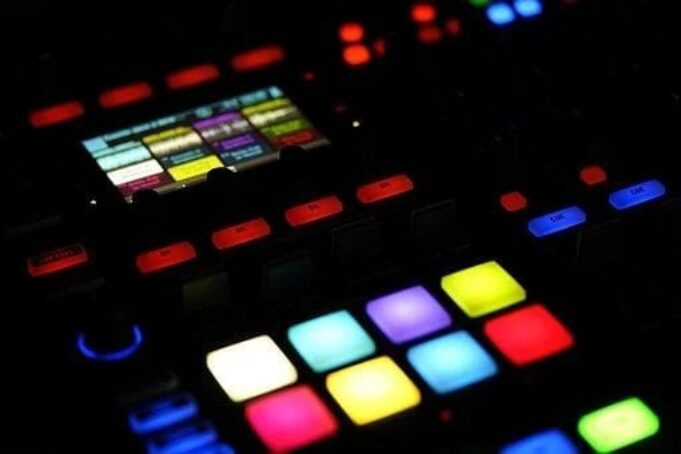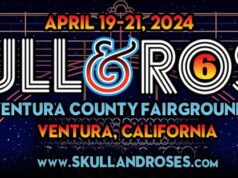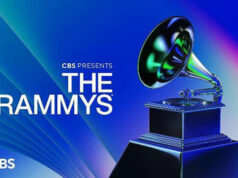Different art creations, including music, are protected by strict copyright laws. Using copyrighted music without getting the needed permissions can subject you to hefty fines. However, you may still be tempted to sample music and add it to your own songs. So, as an aspiring music producer, what can you do to make sure that you do not fall on the wrong side of the law? Well, the steps you need to take to legally use other artists’ music will differ depending on many factors, such as the type of the track itself, your intended use, and the track’s owner.
If you want a detailed rundown on sampling music legally, you’ve come to the right place. Read on to learn more.
Know When you Can Sample Music without Permission
Contrary to popular belief, you do not always have to obtain permission to sample music. There are many cases where artists cannot sue you if you use their music in your own tracks. For example, if you are not receiving any monetary gains from your music and only like to play for fun for your family and friends, there is no need to track down the owner of the music and ask for their permission. This also may apply to you if you are a live performer, as concert venues usually take care of these legal matters. Additionally, the law protects the fair-use rule. This rule basically suggests that using other artists’ music for the purposes of education, critique, and parodies does not require a license.
Use Free-Royalty Music
Obtaining a license to sample your desired music usually entails a long, complex process and comes with a hefty price tag. So, why go through all that hassle when you can simply use royalty-free music? The folks at Samplified explain that there are two types of royalty-free music: paid and free. The term royalty-free itself can be a bit confusing, as it suggests that this type of music is completely free. While you can find some tracks for free on public domains, you will need to pay for others. The great thing about paid royalty-free music is that you only have to pay for it once, meaning that you can use it whenever you want once you purchase it.
Find the Recording Copyright Owner and Song Owner
If none of the previous scenarios apply to your situation, you need to get the permission of two individuals: the recording copyright owner and the owner of the song itself. In case you want to sample live music, you only have to get the artist’s permission. Additionally, you may need to get permission from the venue itself. On the other hand, you have to find the recording copyright owner if you want to use studio music. In any case, tracking down these entities should not be hard since most of the information about modern tracks can be easily found online. After you find them, arrange a meeting to negotiate a deal.
Be Prepared to Pay a Lot
Granted, if the owner of the track is relatively a small artist, they may not charge you anything or just ask you to mention their contribution. On the contrary, the deal you will get is probably going to cost a pretty penny if the artist is popular or the song is well-known. Also, the owners might ask for a cut of the track’s revenue. This cut can amount up to 50% depending on the terms of the artist, publisher, and record label. Nonetheless, this does not mean you cannot negotiate a good deal if you know how to play your cards right. Using just a small portion of the original track does not cost as much as using a full minute. Similarly, if the sample only constitutes a small part of your track, you can get away with paying less.
Hire a Sampling Consultant
Since the process of getting a license to sample a track is complex, it is not surprising that there are experts in this field. Sampling consultants can help you determine the cost of the license and avoid getting ripped off. They can also walk you through the process and give you some valuable pointers as to what you can expect. In some cases, you may need to hire a lawyer to discuss the legal aspect of the process.
Sampling has been a big part of the music industry for years, but it is usually associated with negative terms like “copyright infringement.” However, this does not mean it cannot be done legally. If you need to sample music legally, you need to find the owner of the track and the holder of the recording license. When it comes to sampling live music, the permission of the track’s owner should suffice. To avoid all these complexities, you could opt for royalty-free music or utilize the track only for the purposes enlisted under the fair-use rule.
Drop us a line at [email protected] with your live music news, show review, or concert memory.



